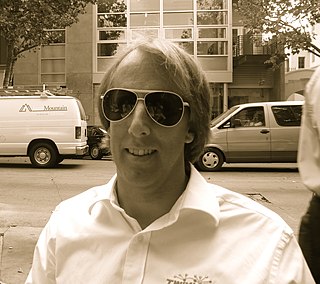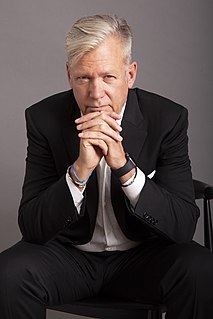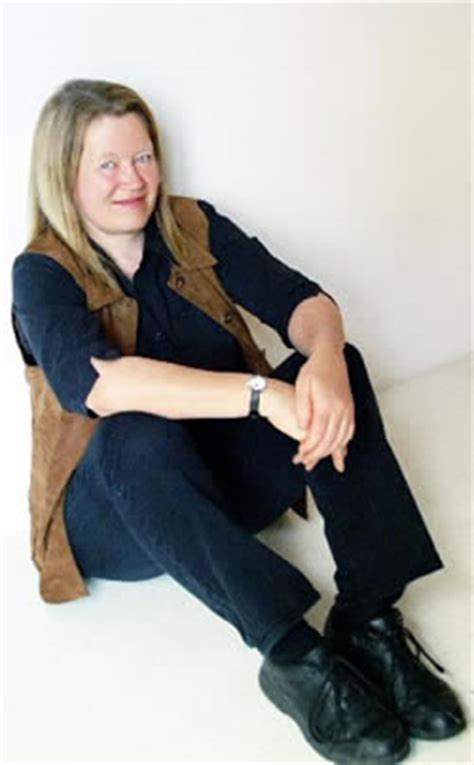A Quote by Jan Koum
In some ways, you can think of end-to-end encryption as honoring what the past looked like.
Related Quotes
The strange thing about the apocalypse is that it's uneven. For some people, it goes one way and for others another way, so that there's always this shifting relation to the narrative of the disaster. Sometimes apocalypses are just structural fictions, and sometimes they're real. Sometimes a narrative requires an end - the fact that the beginning was always leading somewhere becomes clear at the end. There's an idea that we're always in the middle, but we posit this apocalyptic end in order to also be able to project into the past or the beginning. I think that's true and false.
I'd like to end the book a lot of ways. Except I don't have any answers. Use your common sense. Be nice. This is the best I can do. All the trouble in the world is human trouble. Well, that's not true. But when cancer cells run amok and burst out of the prostate and take over the liver and lymph glands and end up killing everything in the body including themselves, they certainly are acting like some humans we know.
I think it's interesting because the 1990s ended with the government pretty much giving up. There was a recognition that encryption was important. In 2000, the government considerably loosened the export controls on encryption technology and really went about actively encouraging the use of encryption rather than discouraging it.
She looked up. "What I can't figure out is why the good things always end." "Everything ends." "Not some things. Not the bad things. They never go away." "Yes, they do. If you let them, they go away. Not as fast as we'd like sometimes, but they end too. What doesn't end is the way we feel about each other. Even when you're all grown up and somewhere else, you can remember what a good time we had together. Even when you're in the middle of bad things and they never seem to be changing, you can remember me. And I'll remember you.
She looked at him and shook her head, smiled a litle as she told him, "You are so like your father." Then she looked past me and Zach, past Bex and Abby, to where Agent Townsend sttod by the door with his arms crossed. "What do you think, Townsend, darling? Isn't he just like you?" She looked at Zach again. "I think he's just like you." And then she closed her eyes and drifted off to sleep.



































